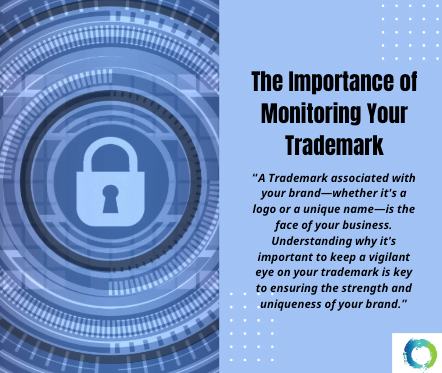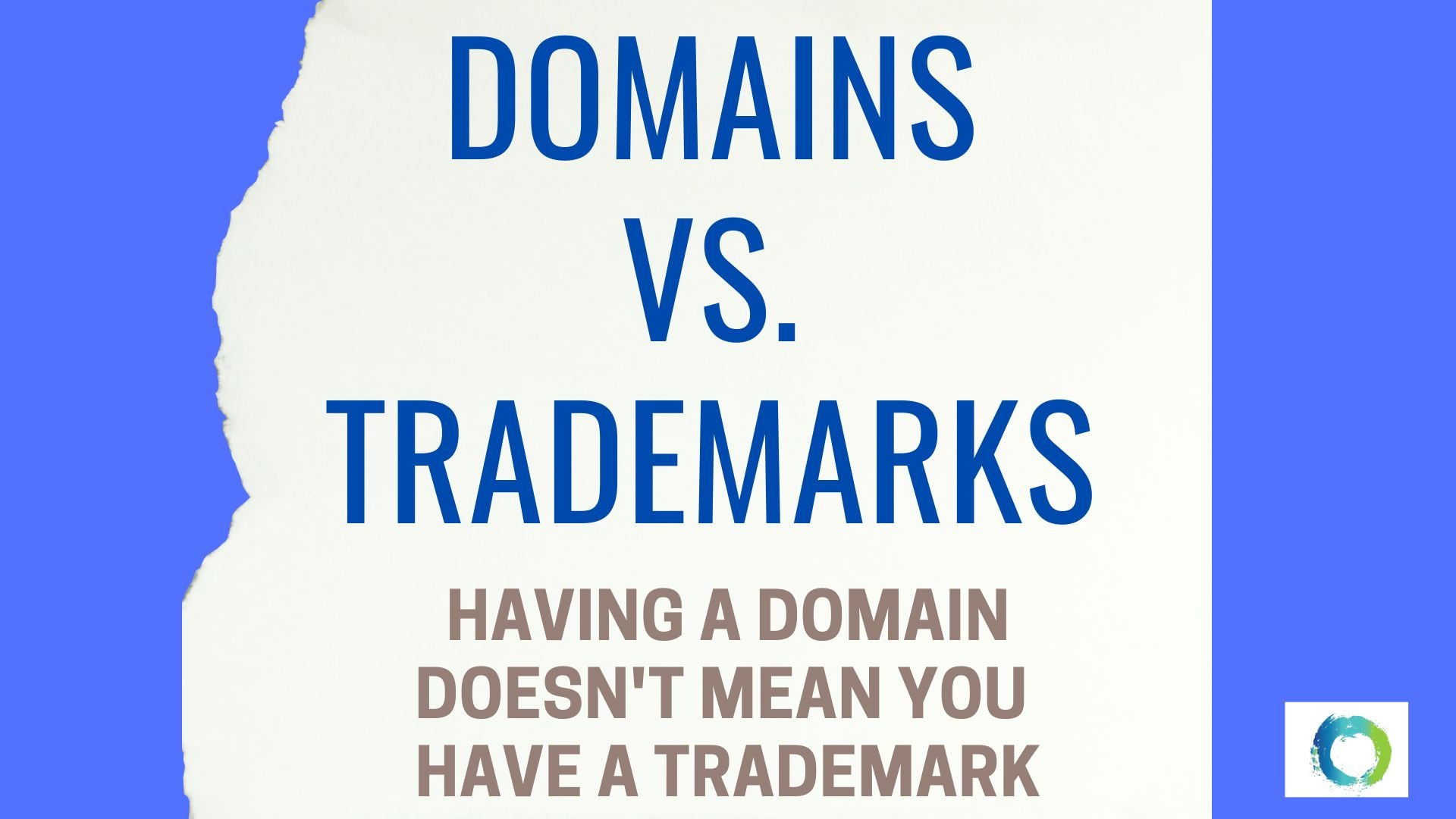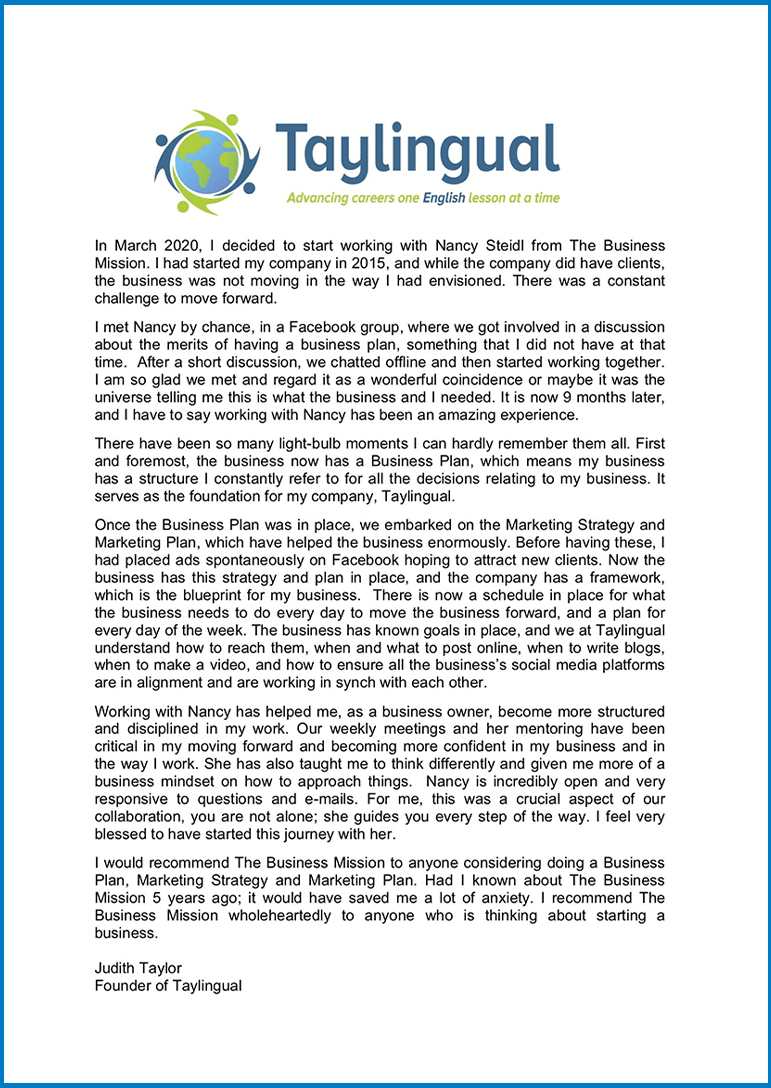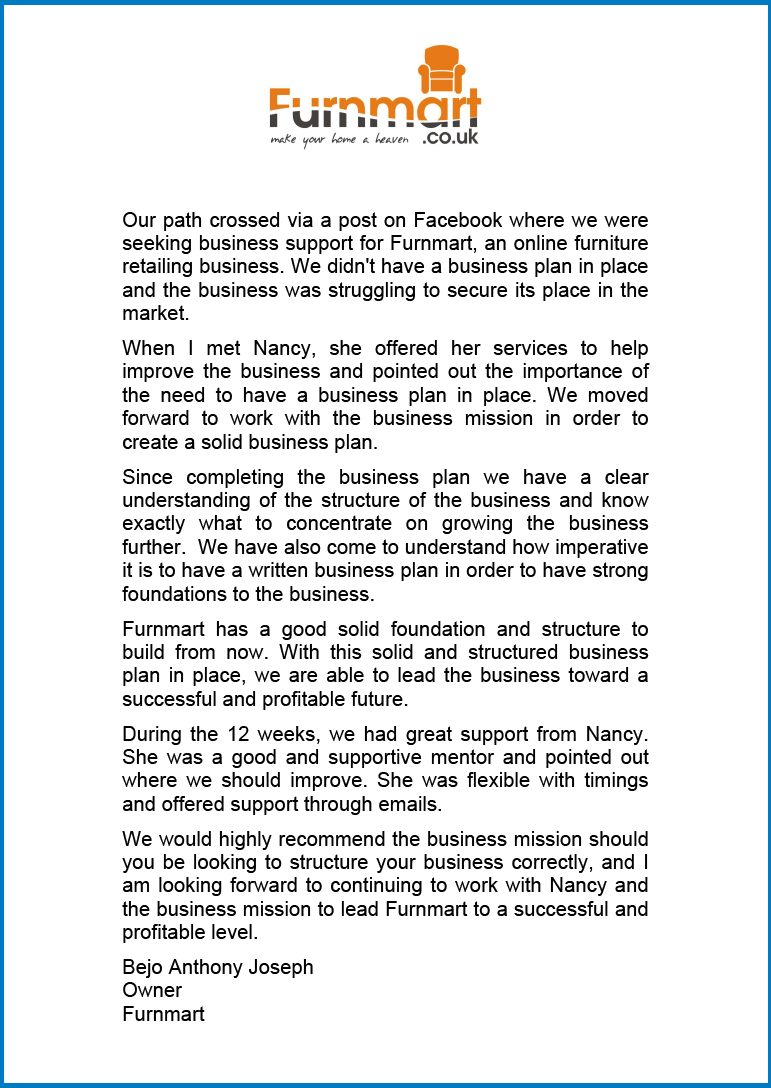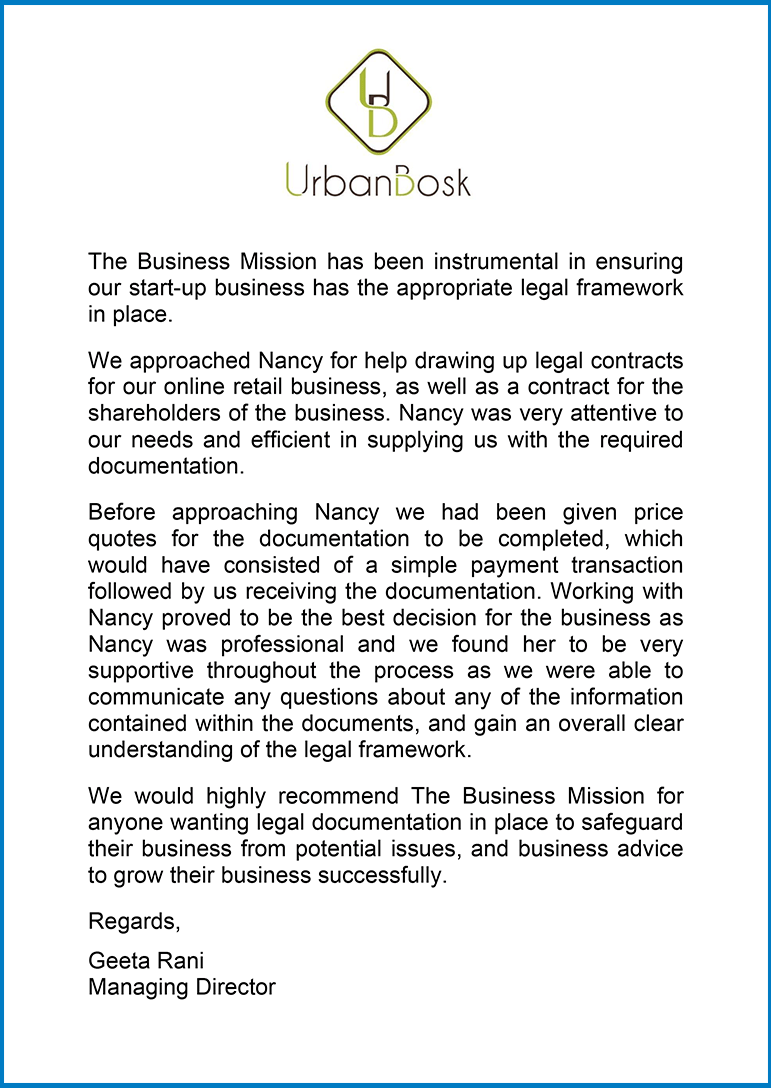“So you bought a domain name, do you own the trademark then too?”
When you purchase a domain name, you are not automatically granted any trademark rights. A domain name is a unique address on the internet that identifies a website, while a trademark is a legally protected symbol, phrase, or word that identifies a product or service. Although the two are related, they are distinct and separate concepts.
Let’s dive in and understand the difference between a domain name and a trademark…
What is a domain name?
A domain name is a unique address on the internet that identifies a website. It is a combination of words and numbers that is used to access a website. For example, the domain name for this website is “example.com”. When a user types this address into their web browser, they will be directed to the website associated with the domain name.
What is a trademark?
A trademark is a legally protected symbol, phrase, or word that identifies a product or service. It is used to distinguish a company’s products or services from those of its competitors. Trademarks are typically registered with different Trademark Offices worldwide. Once a trademark is registered, the owner has exclusive rights to use the mark in commerce. Remember Trademarks are granted by jurisdiction, and there is not one worldwide trademark.
When you purchase a domain name, you are not automatically granted any trademark rights. The domain name simply provides you with a unique address on the internet. It does not give you any exclusive rights to use the words or phrases associated with the domain name as a trademark. This is because trademarks are intellectual property rights that are distinct from domain names. A trademark is a sign or symbol that is used to identify the source of goods or services. It is a form of intellectual property that is protected by law and is distinct from a domain name, which is an address used to identify a website.
Trademarks are protected by law to prevent confusion among consumers and to protect the goodwill associated with a brand. A trademark is a sign or symbol that is used to identify the source of goods or services. It is a form of intellectual property that is protected by law and is distinct from a domain name, which is an address used to identify a website.
To obtain trademark rights, you must register the trademark with your designated Trademark Office. This process involves filing an application and paying a fee. Once the application is approved, the Trademark Office issues a registration certificate. This certificate grants the owner exclusive rights to use the trademark in commerce. Once you have trademarked your name, you may even lock out the domain name used as well with an infringement should they be using the domain with your trademarked name.
Trademark law grants exclusive rights to the owner of a trademark to use it to identify their goods and services. This means that no one else can use the same or a confusingly similar trademark to identify their goods or services. The owner of a trademark can also prevent others from using the trademark in a way that would be likely to confuse consumers.
Here are three cases which might offer you further insight on the understanding how a Trademark has much more power over a domain name:
1. In the case of Playboy Enterprises International, Inc. v. S&L Enterprises, Inc., the trademark holder, Playboy Enterprises International, Inc., sued the domain holder, S&L Enterprises, Inc., for trademark infringement. The trademark holder alleged that the domain holder had registered a domain name, playboy.com, that was confusingly similar to the trademark holder’s registered trademark, PLAYBOY. The trademark holder argued that the domain holder’s use of the domain name was likely to cause confusion among consumers and dilute the value of the trademark. The court found in favour of the trademark holder and ordered the domain holder to transfer the domain name to the trademark holder.
2. In the case of UDRP Case No. D2018-0687, the trademark owner, of a company called M.A.C. Cosmetics, sued a domain holder without a trademark. The domain holder had registered the domain name “mac-cosmetics.com” and was using it to redirect visitors to a website selling counterfeit M.A.C. products. The trademark owner argued that the domain holder had registered and was using the domain name in bad faith, and the domain holder was ordered to transfer the domain name to the trademark owner.
3. In the case of Oki Data Americas, Inc. v. ASD, Inc., the U.S. District Court for the Eastern District of Texas found that ASD, Inc. had infringed on Oki Data’s trademark by registering and using a domain name that was confusingly similar to Oki Data’s trademark. The court found that ASD, Inc. had acted in bad faith by registering the domain name and using it to divert customers away from Oki Data’s website. The court ordered ASD, Inc. to transfer the domain name to Oki Data and to pay damages for the infringement.
In conclusion, Trademark law grants the owner of a trademark the right to prevent others from using the trademark in a way that would be likely to confuse consumers. This means that even if someone owns a domain name that includes a trademark, they cannot use it to create a website that is likely to confuse consumers. For example, if someone owns the domain name www.exampletrademark.com, they cannot use it to create a website that is likely to cause confusion between their goods or services and those of the trademark owner as it is likely to cause confusion between the trademark owner’s goods or services and those of a competitor.
Owning a domain does not mean that you own the trademark associated with it. This is because trademarks are intellectual property rights that are distinct from domain names. Trademark law grants exclusive rights to the owner of a trademark to use it to identify their goods and services, and also grants the owner of a trademark the right to prevent others from using the trademark in a way that would be likely to confuse consumers. Therefore, even if someone owns a domain name that includes a trademark, they cannot use it to identify their goods or services or create a website that is likely to cause confusion between their goods or services and those of the trademark owner.
Need trademarking support for your business, feel free to message me to discuss further by contacting us.




